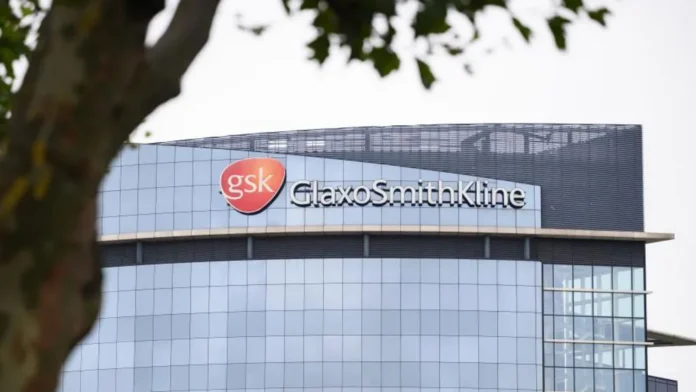Hyundai says the opening of its new factory in Georgia will be delayed by at least two months after a massive immigration raid disrupted construction work.
Chief executive José Muñoz told US media the raid will cause “a minimum two to three months delay [in opening the factory] because now all these people want to get back.”
The raid, described as the largest of its kind in US history, led to the detention of 475 workers, including roughly 300 South Koreans. US immigration officials said the employees were not authorized to work in the country, while South Korean authorities insisted it is common practice for firms to send workers abroad temporarily to help launch overseas facilities.
According to Seoul, the detained workers are scheduled to return home on Friday. Their flight, originally planned for Wednesday, was delayed following an intervention from the White House. South Korean President Lee Jae Myung said President Donald Trump had suggested the workers remain in the US to continue training Americans, but only one accepted.
None of those detained were directly employed by Hyundai. LG Energy Solution, which operates the plant with Hyundai, said many of its staff had various types of visas or were covered by a visa waiver programme.
President Lee warned the incident could discourage Korean companies from investing in the US.
“If such arrangements are no longer allowed, it will make building factories in the US more difficult… making companies question whether it’s worth doing at all,” he said.
The raid comes just months after Washington and Seoul struck a trade deal in which Trump agreed to scale back tariff threats in exchange for billions of dollars in Korean investment. Hyundai alone pledged $26bn (£19.2bn), including a steel plant in Louisiana that Trump celebrated as proof of foreign companies reviving American manufacturing.
The Georgia facility, part of a wider industrial complex, had been hailed as the largest economic development project in the state’s history and is expected to eventually support 8,500 jobs.

